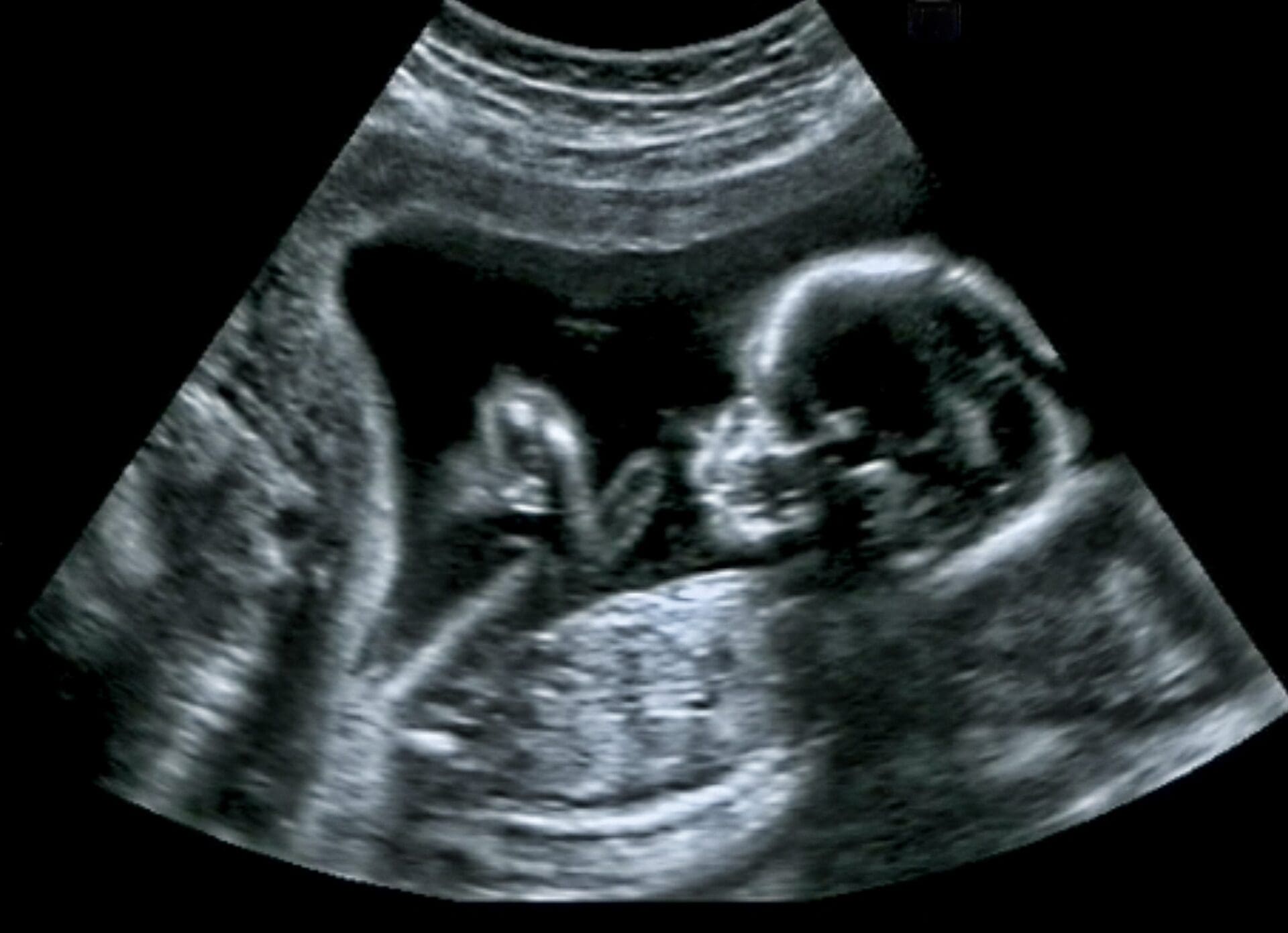Hungarian Abortion Law Since 1992
The law regulating induced abortion in post-communist Hungary was introduced in 1992 and has remained unchanged until now. According to Hungarian legislation, pregnancies can be terminated citing four reasons: rape; the mother’s health being endangered; foetal anomaly; and the grave emotional distress of the pregnant woman. Most women seeking abortion cite emotional distress, which does not need to be proved. The exact Hungarian term is the women’s ‘grave crisis situation of the mother’ and it can refer to anything from the woman’s financial deprivation to social exclusion. Before the pregnant woman can have her pregnancy terminated, she needs to attend a series of counselling sessions about alternatives to abortion, social benefits are available for mothers and the risks abortion involves. The counselling sessions that aim to provide information to women so that they can reach a well-considered decision about abortion results in around 10 per cent of women deciding to keep their babies. According to Hungarian law, pregnancies can be terminated up to 12 weeks (but this can be extended to 24 weeks in certain circumstances).
Statistical Evidence about the Declining Number of Abortions In Hungary
While during the state socialist period the number of terminated pregnancies was high, since the regime change the number of abortions has decreased. Abortions peaked in in 1964 when there were 140 abortions per 100 live births, or in real numbers around 200,000 abortions in each year of the 1960s. With the regime change, however, abortion rates radically declined. In 2003 the number of terminated pregnancies fell to 56,404 from 90,394 in 1990, or 58.1 abortions per 100 live births. The trend of decreasing abortions persisted ever since, while in the last ten years the decline was even sharper than before. In 2021, there were 22,000 abortions, that is, 23.7 abortions per 100 live births. This is the lowest number on record according to the Central Statistical Office’s website. One explanation for such a remarkable decrease in abortions is the government having introduced pro-family policies.
The Nature of the Amendment
It is important to note that so far, the decrease in abortions was achieved without a change in abortion regulation. The recently introduced amendment to the Hungarian abortion law does not change the above-described procedure, it only adds the requirement that women obtain a medical certificate before they can have their pregnancies terminated. The certificate is to prove that the pregnant woman has listened to the heartbeat of the foetus. Foetal heartbeat can be detected as early as the fifth week of pregnancy, and it is an important sign indicating that the foetus is alive and doing well.
The amendment will enter into force on 15 September. The amendment motion was submitted to parliament by minister of interior Sándor Pintér. A very similar amendment was proposed twice, in 2016 and in 2018 by radical right-wing politician Dóra Dúró, a former Jobbik, now Mi Hazánk MP. Dúró now welcomed the amendment as the first ‘truly pro-life step’ in abortion legislation in Hungary. In a social media, Dúró argued that the amendment is not a tightening of the abortion law, it merely makes sure that the mother is aware of the weight and consequences of her decision.








